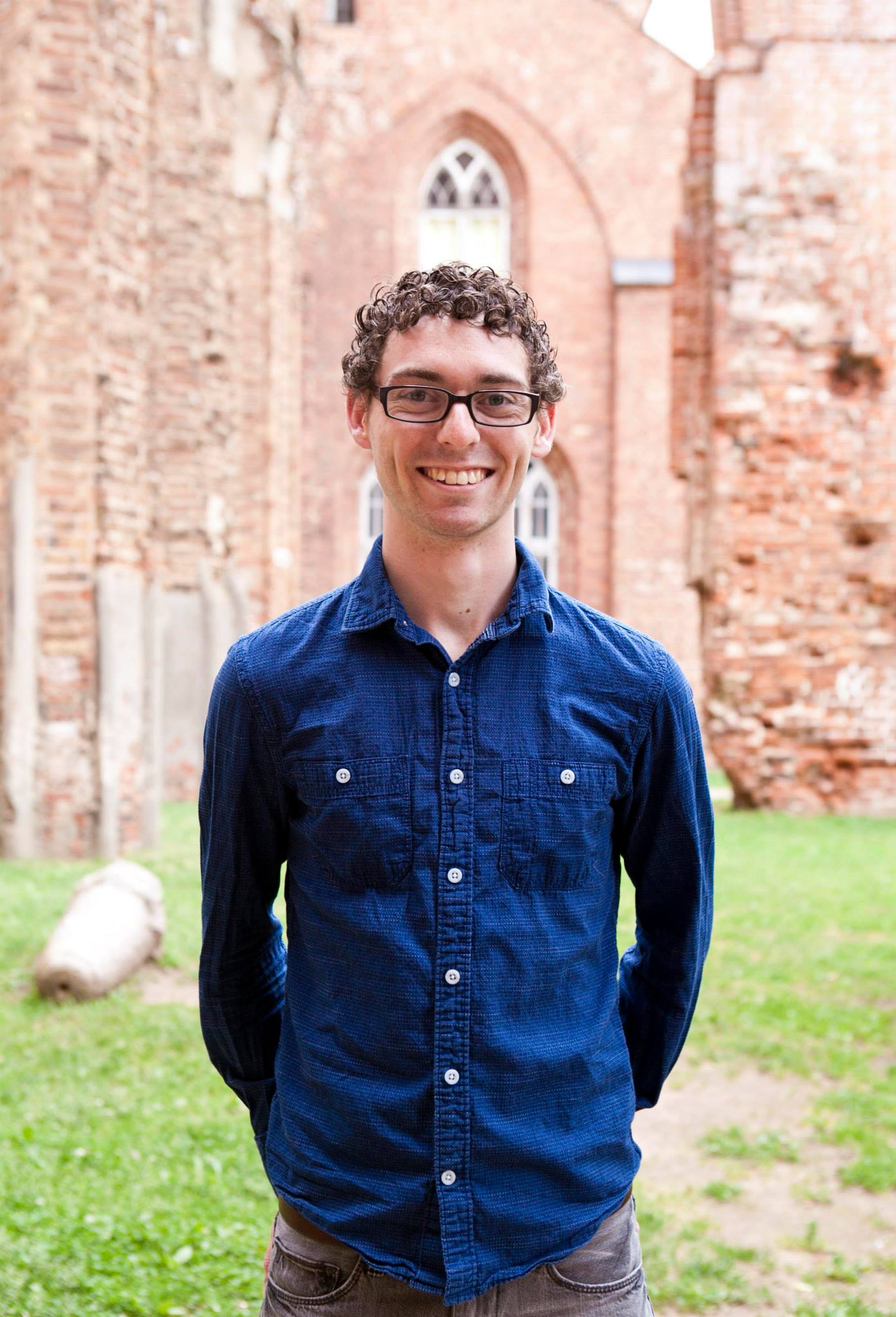Georgia Tech’s Stewart School of Industrial & Systems Engineering (ISyE) has announced that Tyler Perini, a first-year Ph.D. candidate in operations research (OR), is the recipient of a prestigious National Science Foundation (NSF) Graduate Research Fellowship. Only a few fellowships were awarded for the IE/OR field nationwide, making this achievement even more special. In Perini’s award letter, Dean Evasius, the director of the NSF graduate education division, said that Perini’s selection “is a significant accomplishment … we look forward to learning about your achievements and contributions during your graduate study and beyond.” The fellowship provides three years of financial support within a five-year fellowship period ($34,000 annual stipend and $12,000 cost-of-education allowance to the graduate institution).
This was actually Perini’s second application for an NSF graduate fellowship. As an undergraduate earning his bachelor’s degree in applied math at the College of Charleston, he intially applied and received an honorable mention. Perini was able to apply the feedback he received from his initial application for his successful second application. According to Perini, receiving notification that he would be receiving the NSF graduate fellowship felt “amazing.”
In a recent interview, Perini said that he initially considered teaching high school math but was “hooked early by OR and its applied focus.” He decided to continue those studies in graduate school. Originally from Atlanta, Ga., Georgia Tech was his top choice. “It was nice to come home,” he reflected.
His research project, which is advised by ISyE Professor Natashia Boland, is focused on multi-objective optimization. Perini explained, “Normally when you optimize, you’re focused on improving a single thing. For example, you’re either minimizing costs or maximizing efficiency. ‘Multi-objective’ means taking two or three objectives and improving all of them at once.”
Optimization is already used on a daily basis in such applications as airline scheduling, traffic routing, and traveling salesman problems. Perini gave an example of how multi-objective optimization works: “When you’re scheduling an airline, you can minimize the cost of sending everyone everywhere, and you want to minimize the stress on the flight crew as well. You don’t want them to get too stressed or exhausted while doing their work. So even if you gain a small increase in the cost of the scheduling but you minimize the flight crew’s stress by a lot, then it’s probably worthwhile to do that.”
Health care applications, as well as sustainability and social good factors – such as decreasing pollution or decreasing the use of natural resources – are other examples of additional objectives that can be considered in Perini’s research.
When asked about Perini’s award, Boland said, “This award represents very well-deserved recognition of Tyler’s exceptional abilities as a researcher, and of the potential power and reach of the research he is undertaking. His work in multi-objective mixed integer optimization is already at the frontier of the field, and represents an important first step in the paradigm shift from single to multiple objectives in mixed-integer optimization.
“This NSF graduate fellowship will enable Tyler to focus his time and effort on research, ensuring that the very substantial new developments he plans can be realized, and will help him grow into the future research leader he promises to become.”
